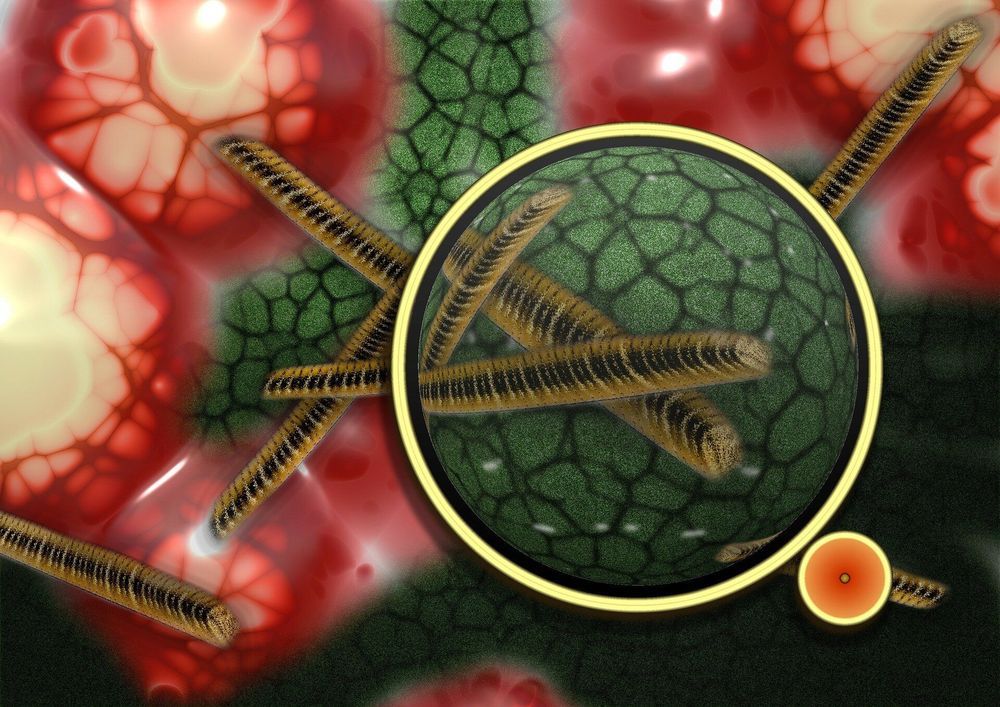The antimicrobial properties of silver have been known for centuries. While it is still a mystery as to exactly how silver kills bacteria, University of Arkansas researchers have taken a step toward better understanding the process by looking at dynamics of proteins in live bacteria at the molecular level.
Traditionally, the antimicrobial effects of silver have been measured through bioassays, which compare the effect of a substance on a test organism against a standard, untreated preparation. While these methods are effective, they typically produce only snapshots in time, said Yong Wang, assistant professor of physics and an author of the study, published in the journal Applied and Environmental Microbiology.
Instead, Wang and his colleagues used an advanced imaging technique, called “single-particle-tracking photoactivated localization microscopy,” to watch and track a particular protein found in E. coli bacteria over time.










Comments are closed.